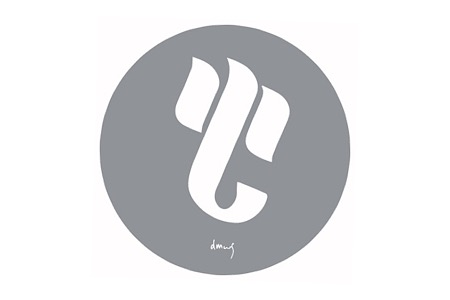
Don't Mess With Ganesh cares about the planet. Our flagship Bamboo Womens Racerback tank is eco friendly and ultra luxurious - it's literally as soft as cashmere.
This bamboo tank will leave both you and the planet singing 'Let Your Love Flow.'
-When most people talk about bamboo fabric - they are talking about bamboo viscose products. The viscose method for producing textile fibers is not environmentally friendly, because it is very chemical intensive. Bamboo lyocell is much better.
-The bamboo fiber we use is produced through a method called lyocell. This method has been used for nearly 25 years in the production of wood based fibers. Lyocell is far superior because the dirty chemicals used in the viscose process have been replaced with an organic solution. Up to 99% of this organic solution -and the water used- is recycled and reused in a closed loop system. Thus, there are no harmful chemical residues and water consumption is reduced significantly.
--Benefits and features of bamboo lyocell
-Bamboo lyocell fabric is used for a range of clothing and, because of it's antimicrobial properties, is ideal for active wear. Bamboo is often blended with 30% cotton to add structure to garments. The smooth fiber of bamboo feels warmer in winter and cooler in summer.
- Naturally soft. Bamboo apparel is softer than the softest cotton, and it has a natural sheen like silk or cashmere. Bamboo drapes like silk or satin, yet is less expensive and more durable.
- Hypoallergenic. Bamboo’s organic and naturally smooth fiber properties are non-irritating to the skin, making it ideal for people with skin sensitivities or other allergies.
- Thermal regulating. Ensures that you are warm in the winter and cool in the summer. Bamboo clothing's excellent wicking properties also make it ideal for warm summer days.
- Absorbs moisture. A cross-section of bamboo fiber reveals various micro-holes, allowing bamboo fabric to have superior absorption. This allows bamboo clothing to absorb and evaporate human sweat rapidly. Bamboo fiber is four times more absorbent than cotton.
- Breathable. The porous qualities of bamboo fiber account for its breathability; clothing made of bamboo resists clinging during hot weather or exercise.
- Anti-bacterial. Bamboo fabric contains a naturally occurring anti-microbial agent, kun, that prevents bacteria from cultivating on it, which means it helps keep you odor free.
- UV protection. Bamboo naturally provides added protection against the sun's harmful UV rays.
--Environmental benefits of bamboo
- Cleans the air. Bamboo gives us clean air to breathe, consumes carbon dioxide, and because bamboo forests are so dense, returns 30% more oxygen to the atmosphere than trees. Some bamboo can sequester up to 12 tons of carbon dioxide from the air per hectare.
- Requires less energy and water to grow. It takes much less energy to grow and sustain bamboo than other trees and plants used for fiber production. Bamboo plantations require very little maintenance. Bamboo also requires very little water and can survive drought conditions as well as flooding.
- Reclaims land. Because of its rapid growth and root structure, bamboo can, in a very short time, reclaim land destroyed by overgrazing and over-building which cleans the soil of toxins.
- Grows without pesticides. Bamboo can be grown without pesticides or chemicals because of its own anti-bacterial agent.
- Sustainably harvested. Bamboo is one of the fastest growing plants on the planet, making it a high yield renewable resource. It can be selectively harvested annually and is capable of complete regeneration without the need to replant.
- Bamboo is 100% biodegradable.

IoYgUMrfWGxBsFch